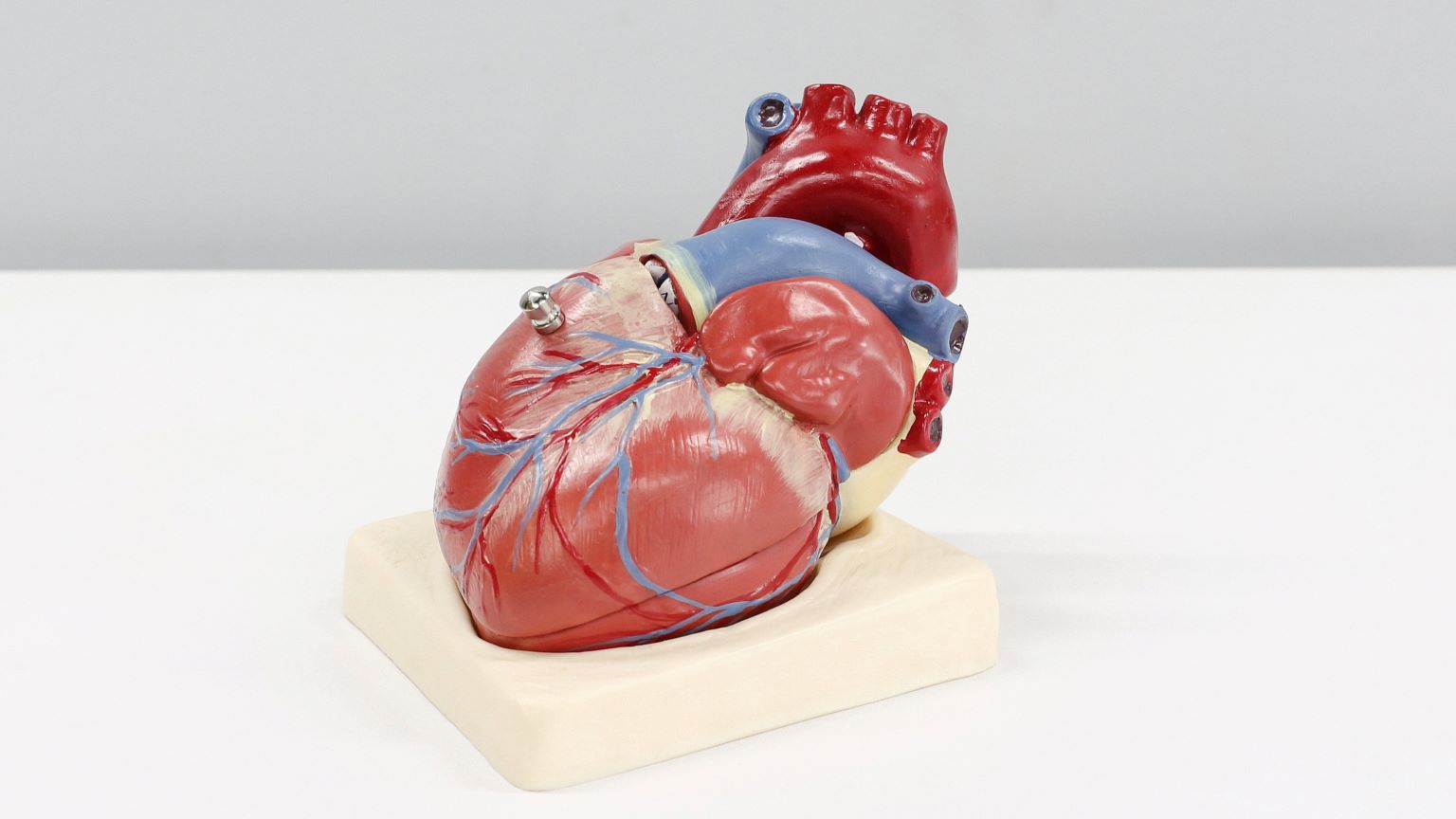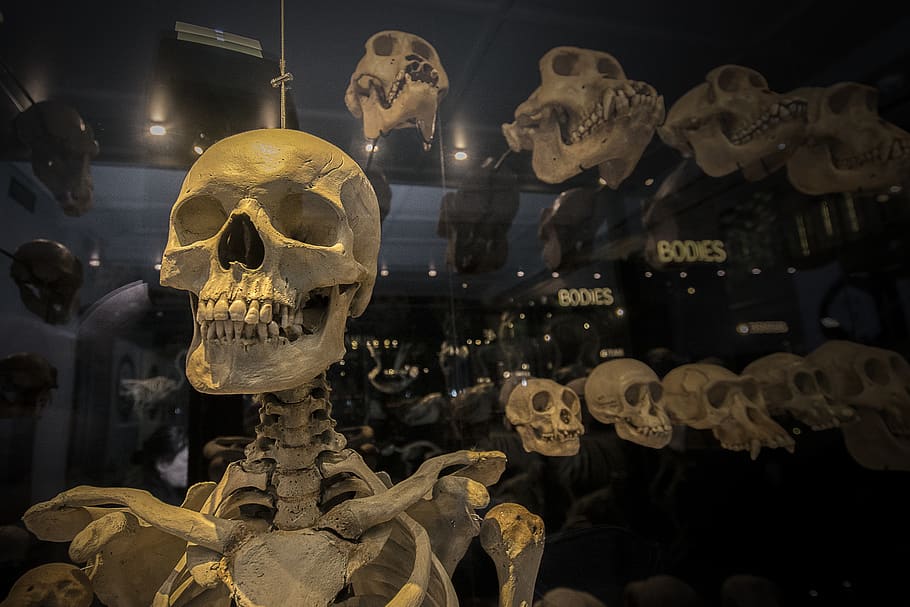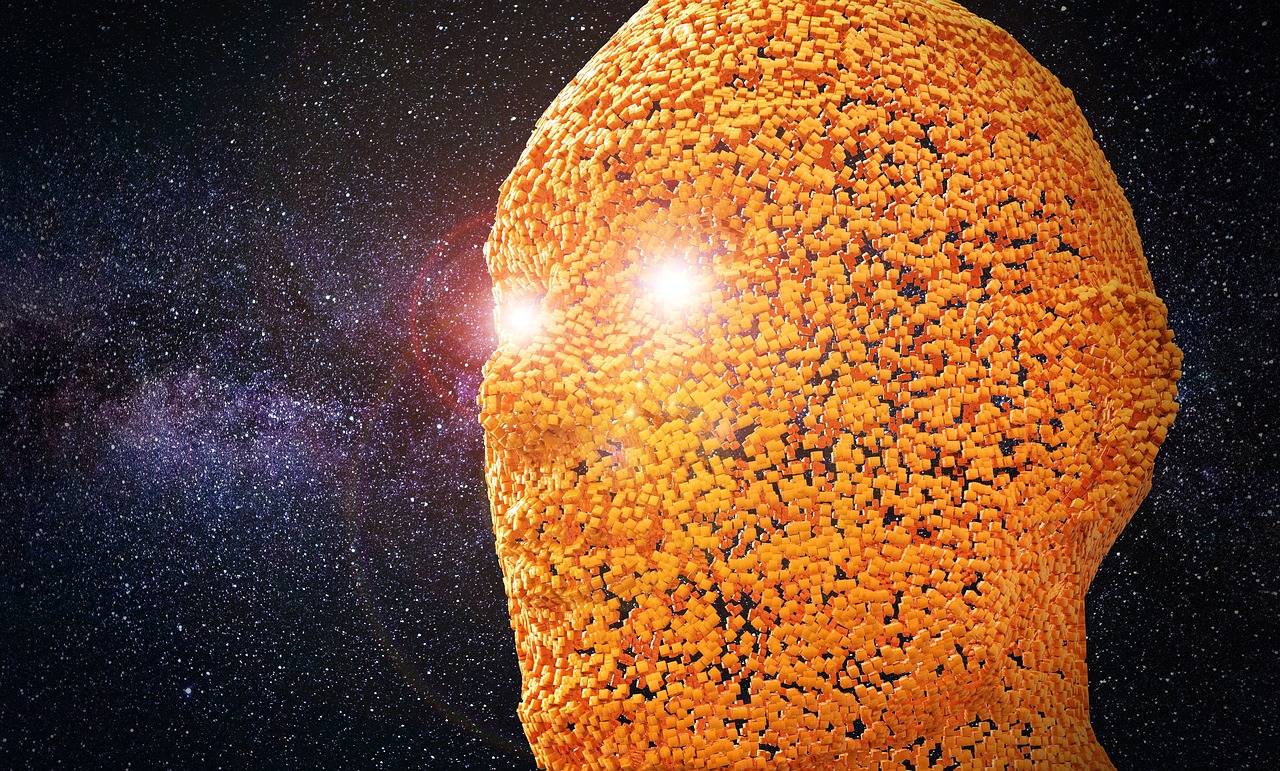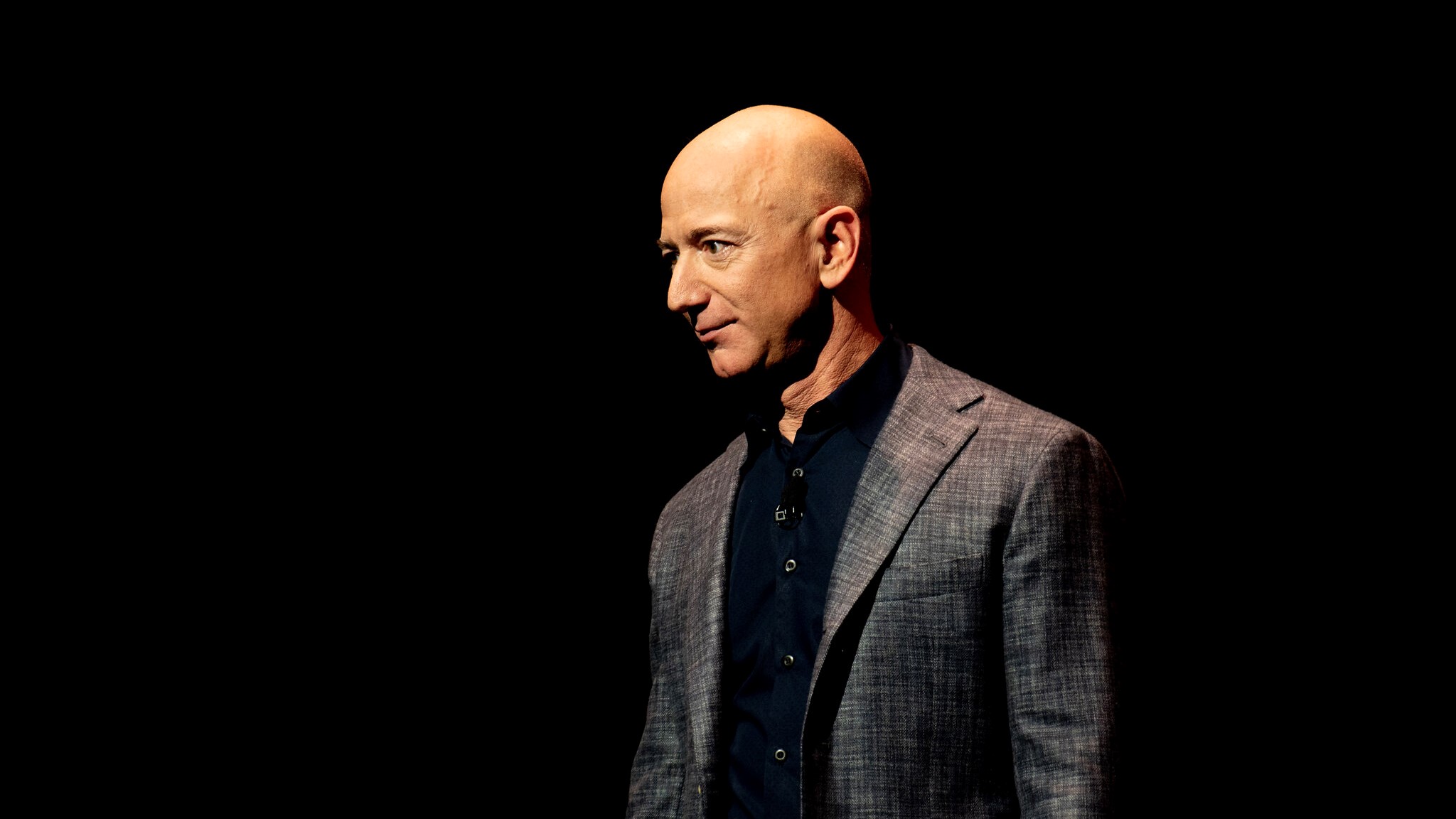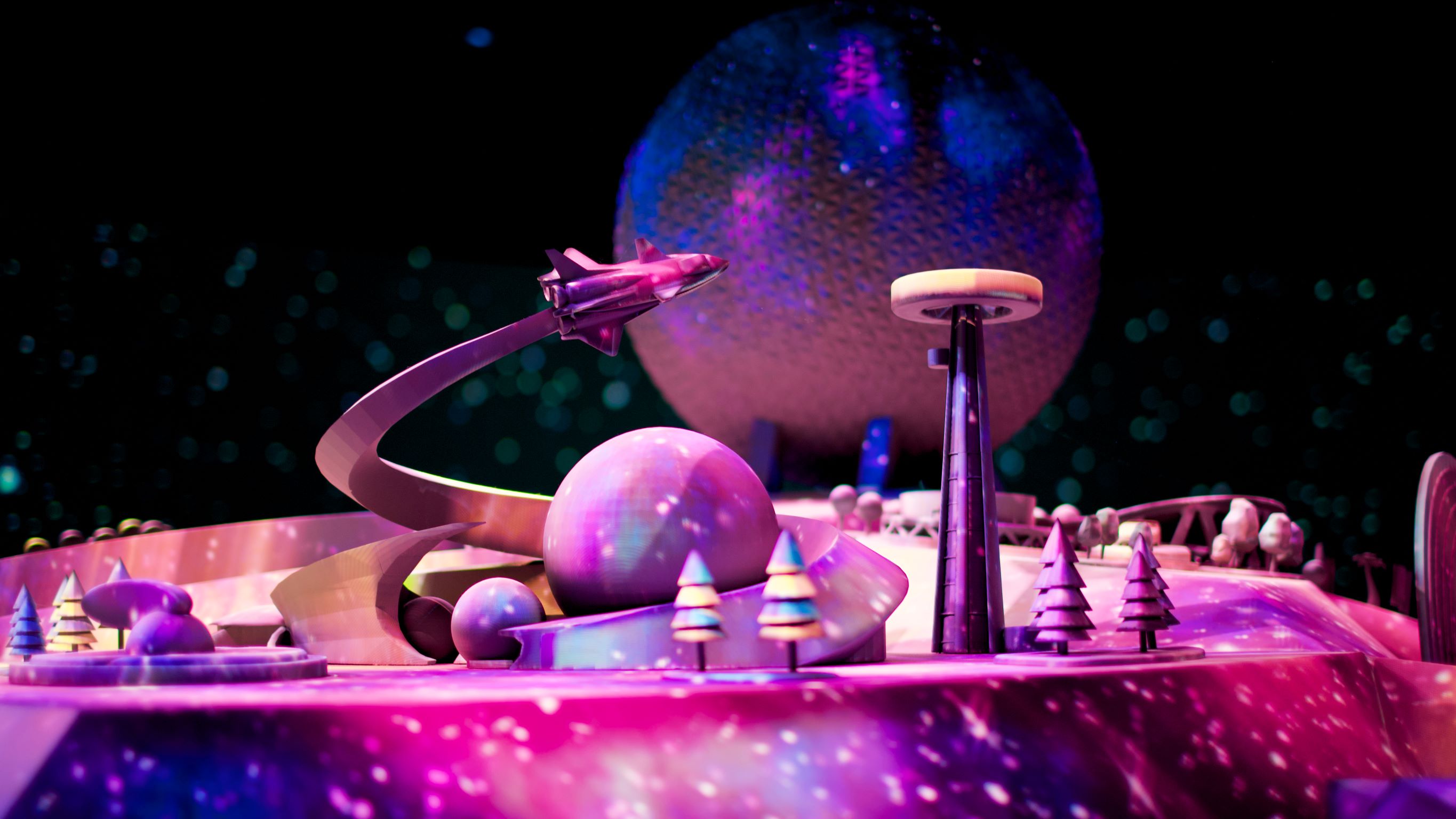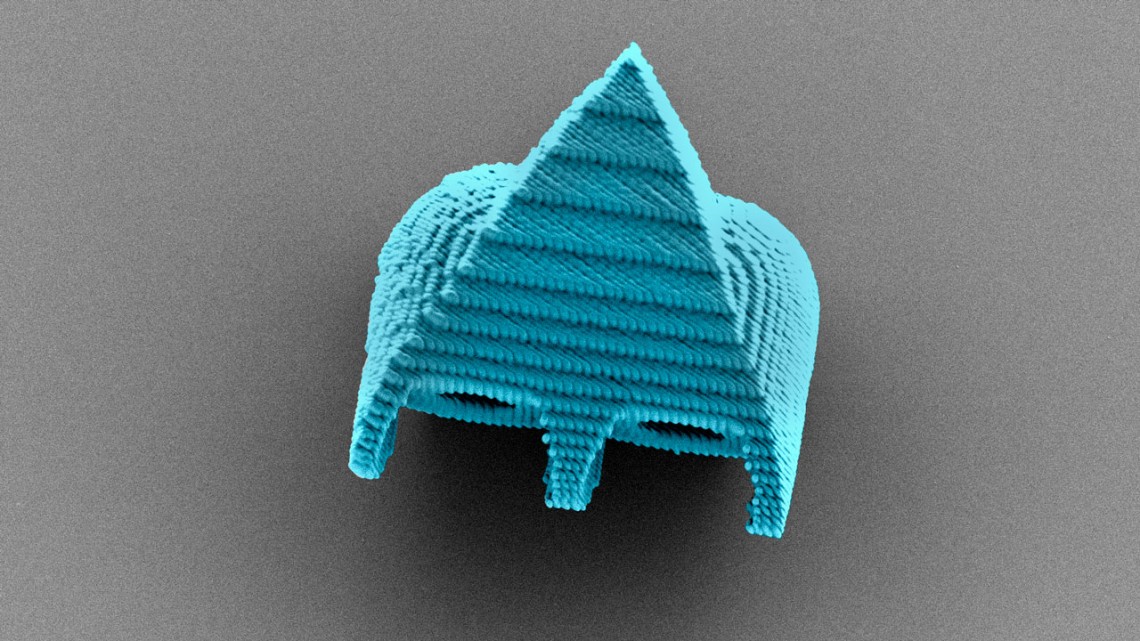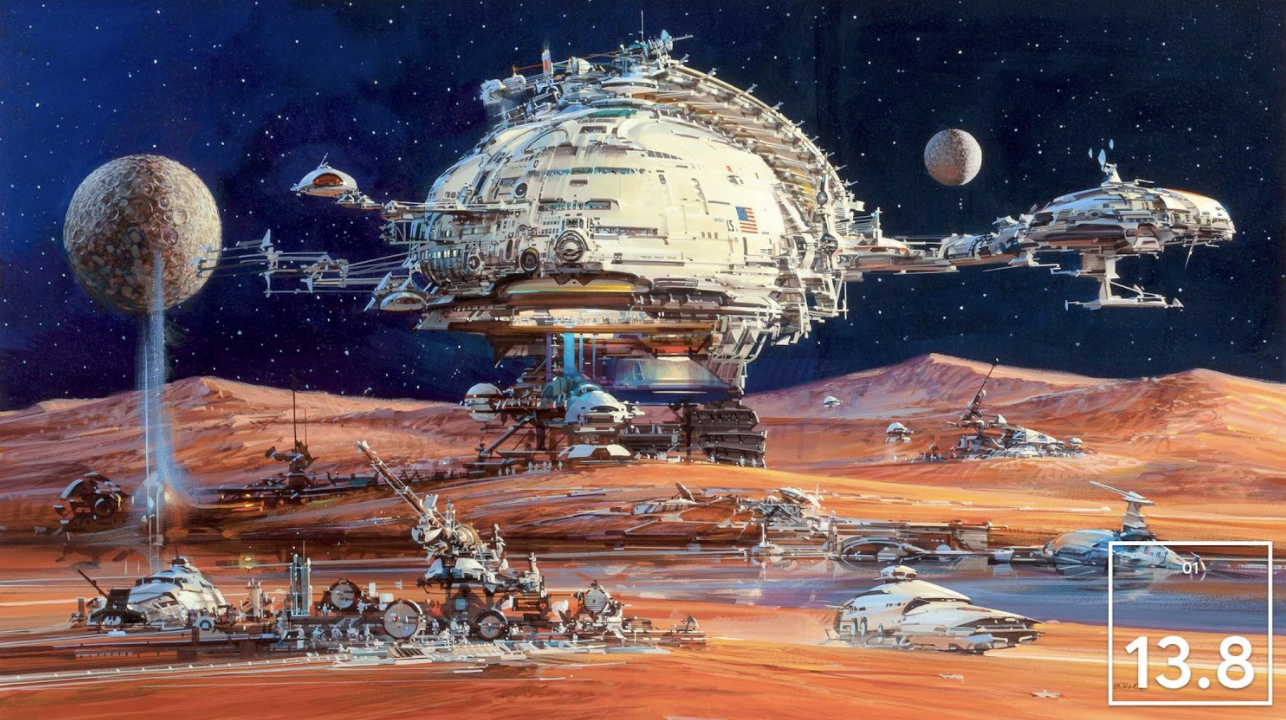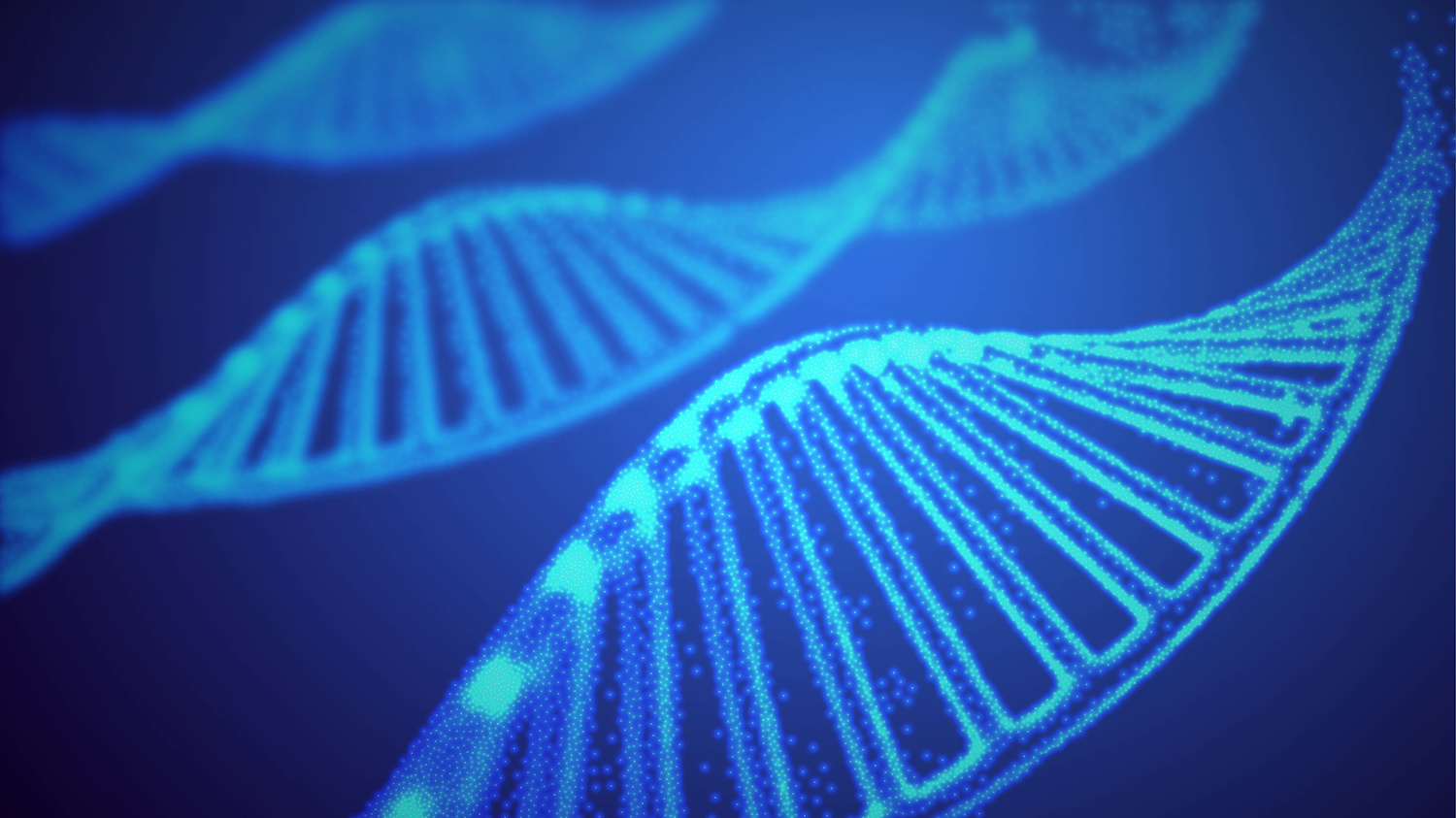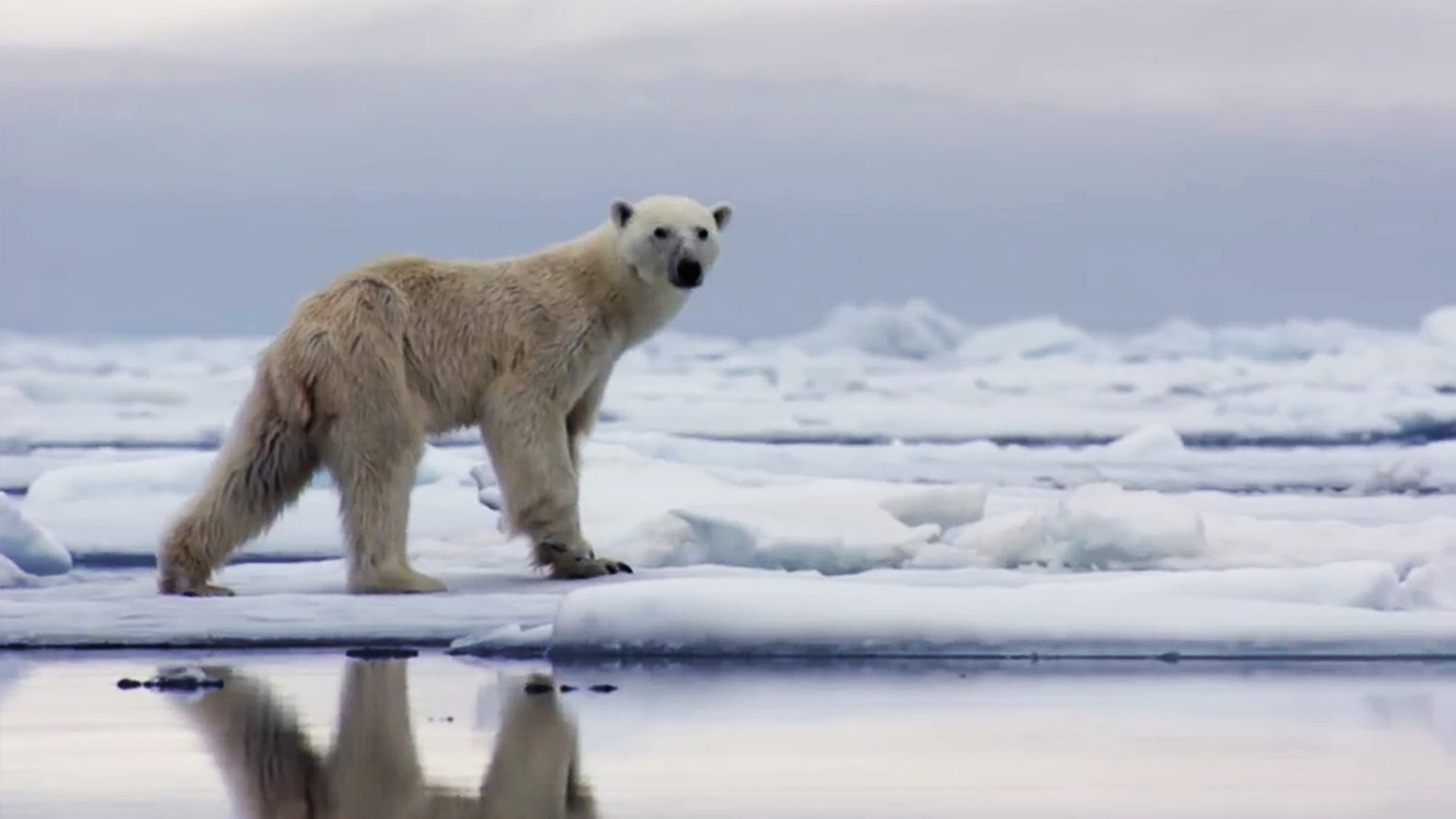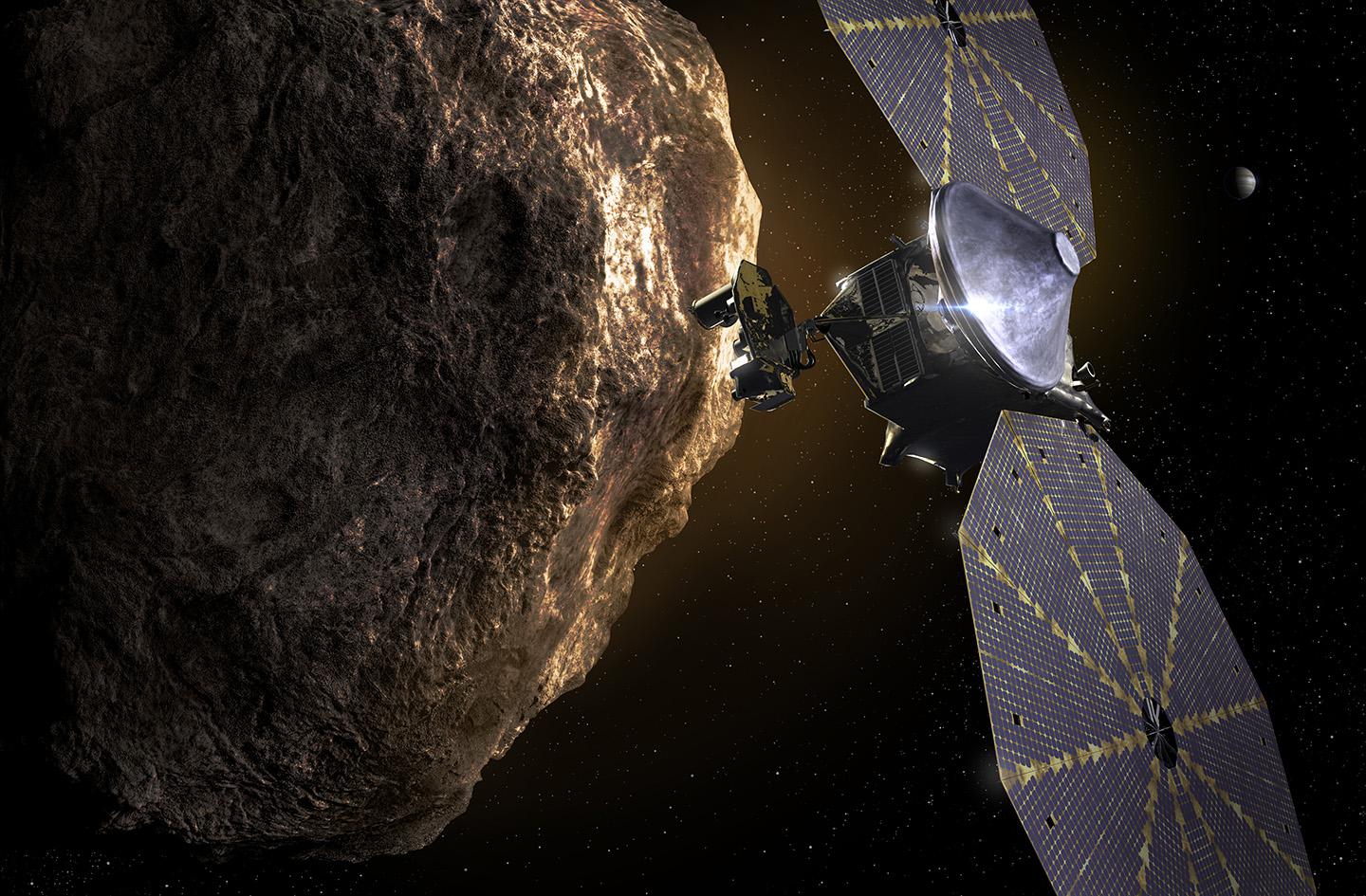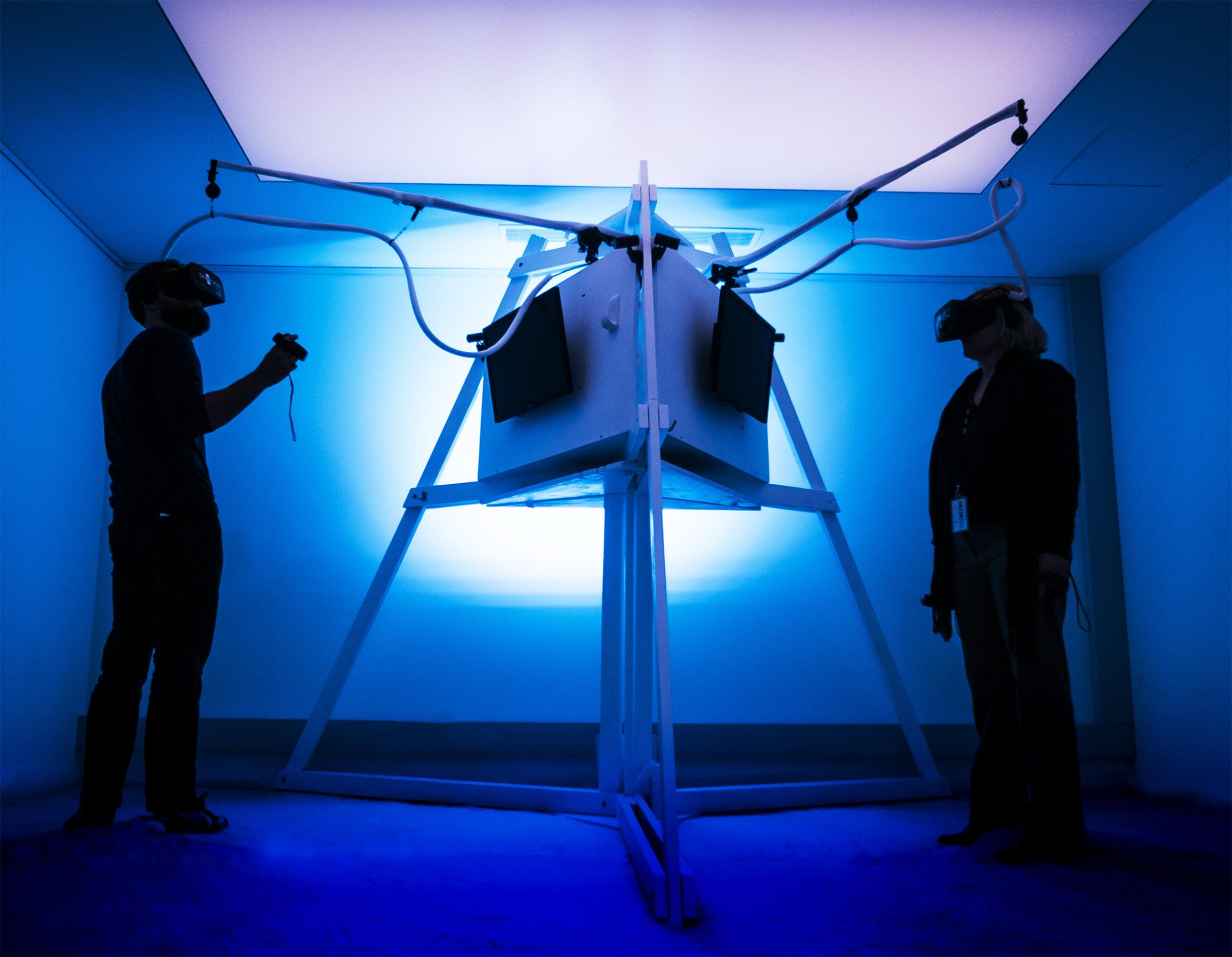Humans of the Future
How can the law keep up with new genetic technology?
Equations that describe time travel are fully compatible and consistent with relativity — but physics is not mathematics.
If the metaverse is money, then companies will certainly want to play, too.
“I was part of the surgical team that conducted the first pig-to-human heart transplant in a living patient.”
Discussions of human evolution are usually backward looking, as if the greatest triumphs and challenges were in the distant past.
The Kardashev scale ranks civilizations from Type 1 to Type 3 based on energy harvesting.
Altos Labs is an ambitious new anti-aging company with billions of dollars to back it up.
Water on Mars is key for human survival on the Red Planet, not just for drinking but for growing food and making fuel and oxygen.
The AI remembers that you are 32 years old and like to eat sushi, except on Thursdays.
Are we really only a moment away from “The Singularity,” a technological epoch that will usher in a new era in human evolution?
If used improperly, the metaverse could be more divisive than social media and an insidious threat to society and even reality itself.
In 1966, Disney announced his intention to build Epcot, an acronym for “Experimental Prototype Community of Tomorrow.”
The “Foundation” series, recently adapted into a show by Apple TV, was inspired by a fascinating, real-life academic discipline.
Mind Bank Ai is the newest entrant in an ambitious idea: using AI to create a kind of immortality.
Guided by ultrasound waves, swarms of microrobots could soon be used to deliver medicine to targeted sites in the body.
Isaac Asimov’s “Foundation” series helped inspire the field of social physics, which uses math to understand crowd behavior.
The development of the revolutionary gene-engineering tool CRISPR is a tale fit for the big screen.
Civilization is facing an existential threat from climate change. Will we humans make it? Does anyone in the universe make it?
NASA will use energy from Earth’s gravity to launch the Lucy spacecraft in October of this year.
Think of a combination of immersive virtual reality, an online role-playing game, and the internet.
Too few babies — not overpopulation — is likely to be a major problem this century.
Say hello to your new colleague, the Workplace Environment Architect.
Want to live 100+ years? You may need unusually good DNA repair.
The discovery could help astronauts find better ways to grow food in space.
The Defense Advanced Research Projects Agency (DARPA) recently issued $8 million in follow-up funding to a team of neuroengineers developing brain-to-brain and brain-to-machine technology.
Porcine gene edits may allow such transplants without rejection.
A new study suggests that maintaining gut health to avoid diabetes may be little simpler than previously believed.




